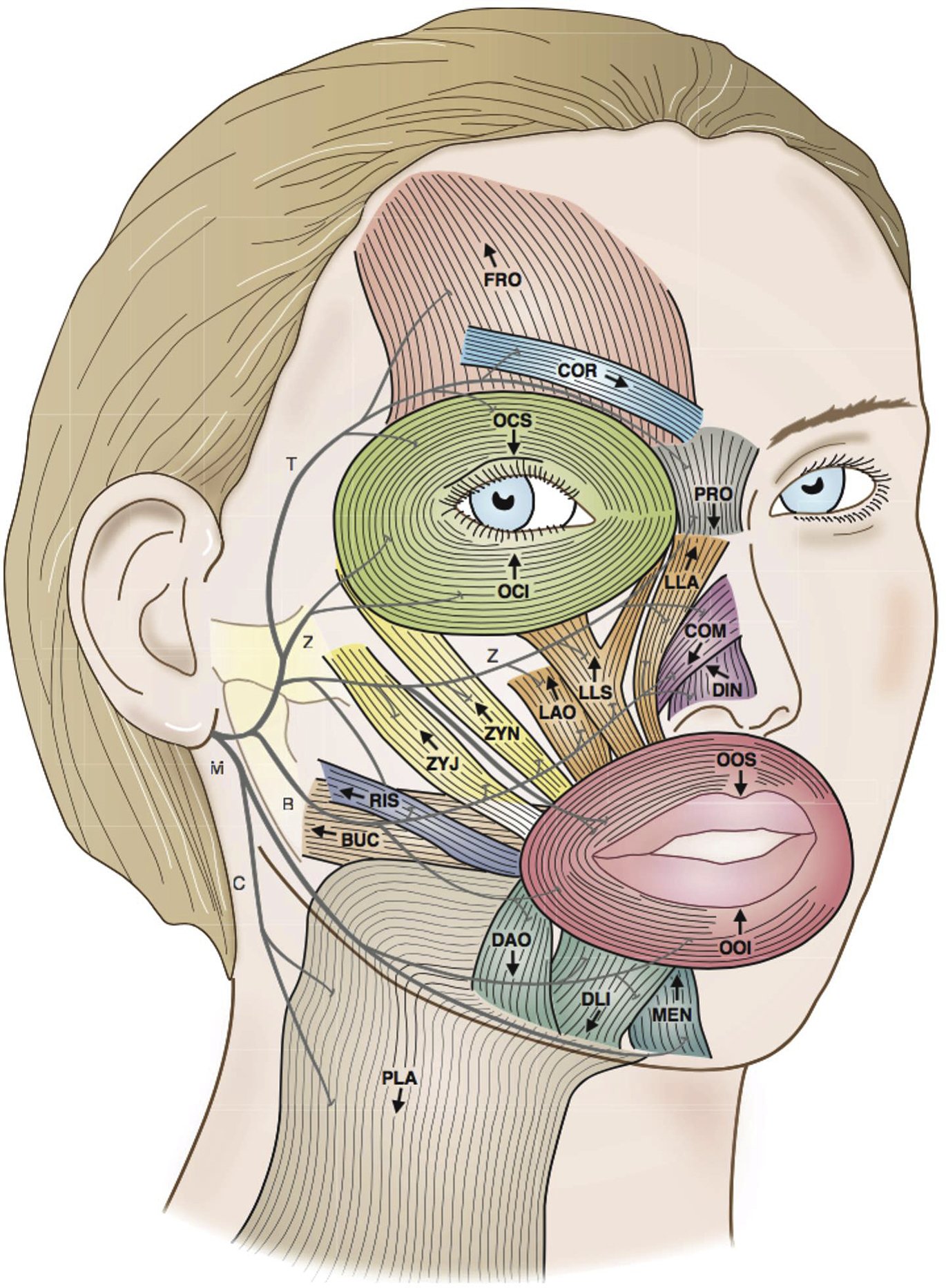
Physiotherapy for facial nerve palsy
Facial palsy rehabilitation helps you relearn to move your face in a natural way after an injury to the facial nerve. Learn more about the facial muscles and nerve, facial paralysis, synkinesis, and how seeing a physiotherapist for facial neuromuscular retraining can help.
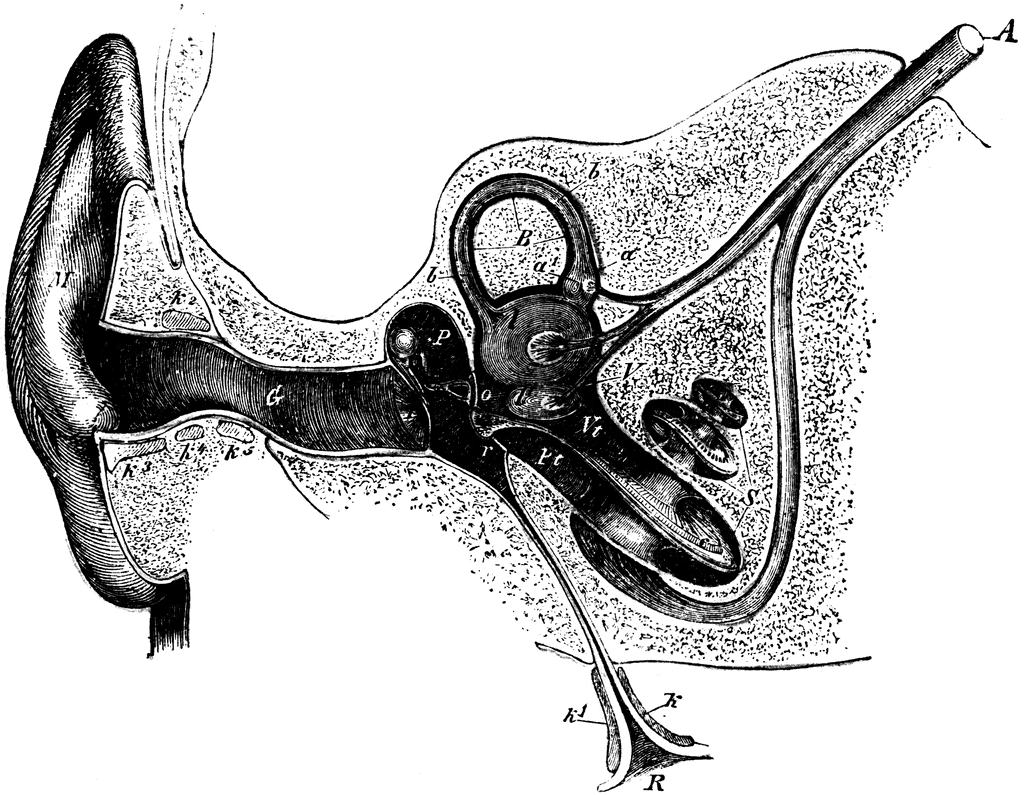
Vestibular neuritis
Vestibular neuritis is a common cause of vertigo, and vestibular rehab is an effective treatment to improve symptoms and quality of life. Learn about the symptoms of vestibular neuritis, how this condition is treated, and what to expect in your recovery.

Vertigo after head injury: Post-traumatic BPPV
Vertigo after head injury or concussion/mTBI is most often caused by BPPV. This condition is very effectively treated with physiotherapy. Symptoms last less than a minute and are triggered by lying down, rolling in bed, looking up, or bending over. BPPV can also cause balance problems, motion sensitivity, nausea, and anxiety. Learn about post-traumatic BPPV and how vestibular rehab can help.
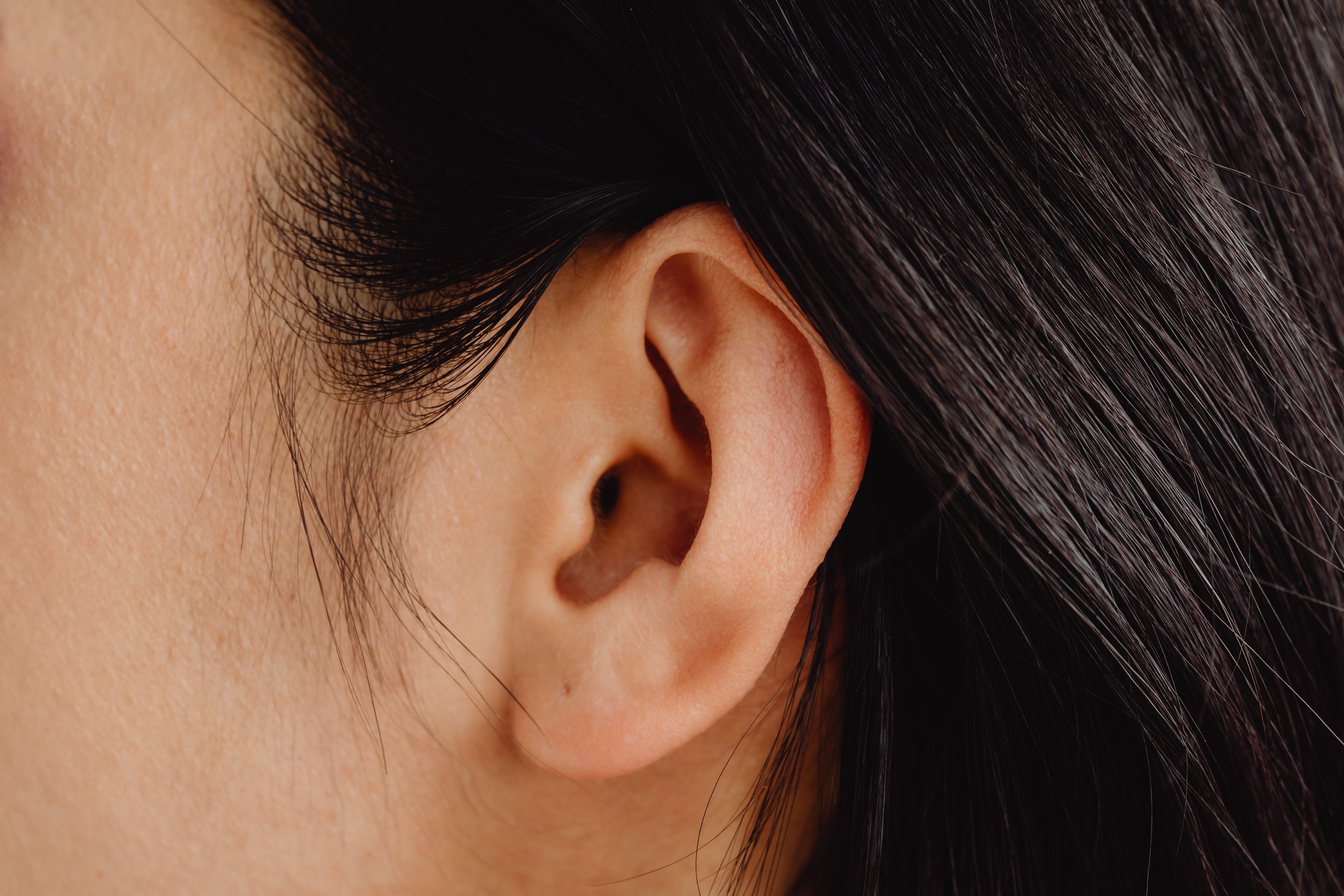
Why do my ears ring?
Tinnitus is when you experience a sound in your ears or head, often described as ringing, buzzing, humming, roaring, or hissing. It is a very common symptom and can be related to hearing loss or inner ear disorders. Learn more about what causes tinnitus and how it is treated.
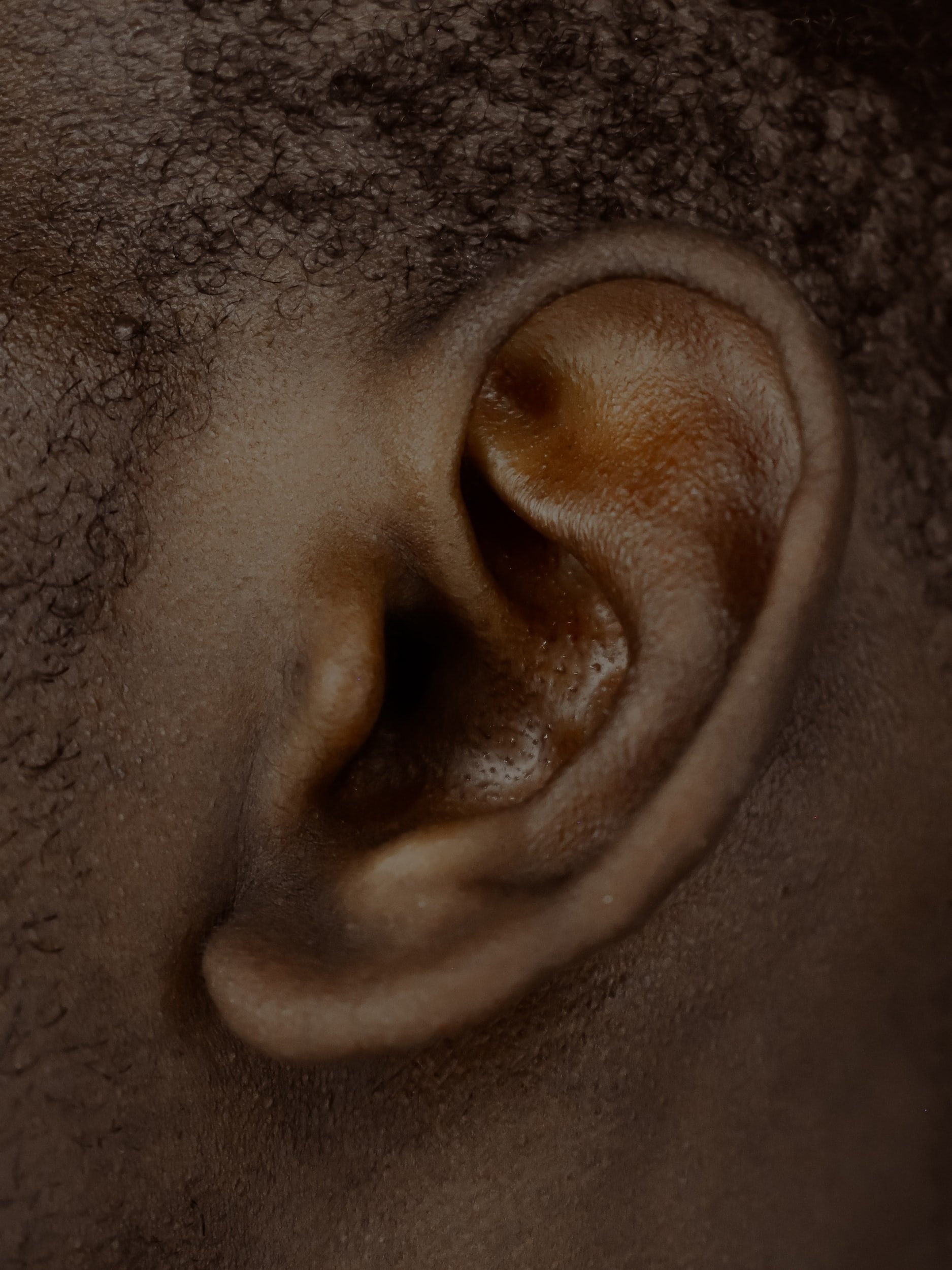
Anatomy of your ear
Your ear is responsible for both hearing and balance. Knowing more about the structure and function of the different parts of your ear can help you understand your diagnosis and treatment.
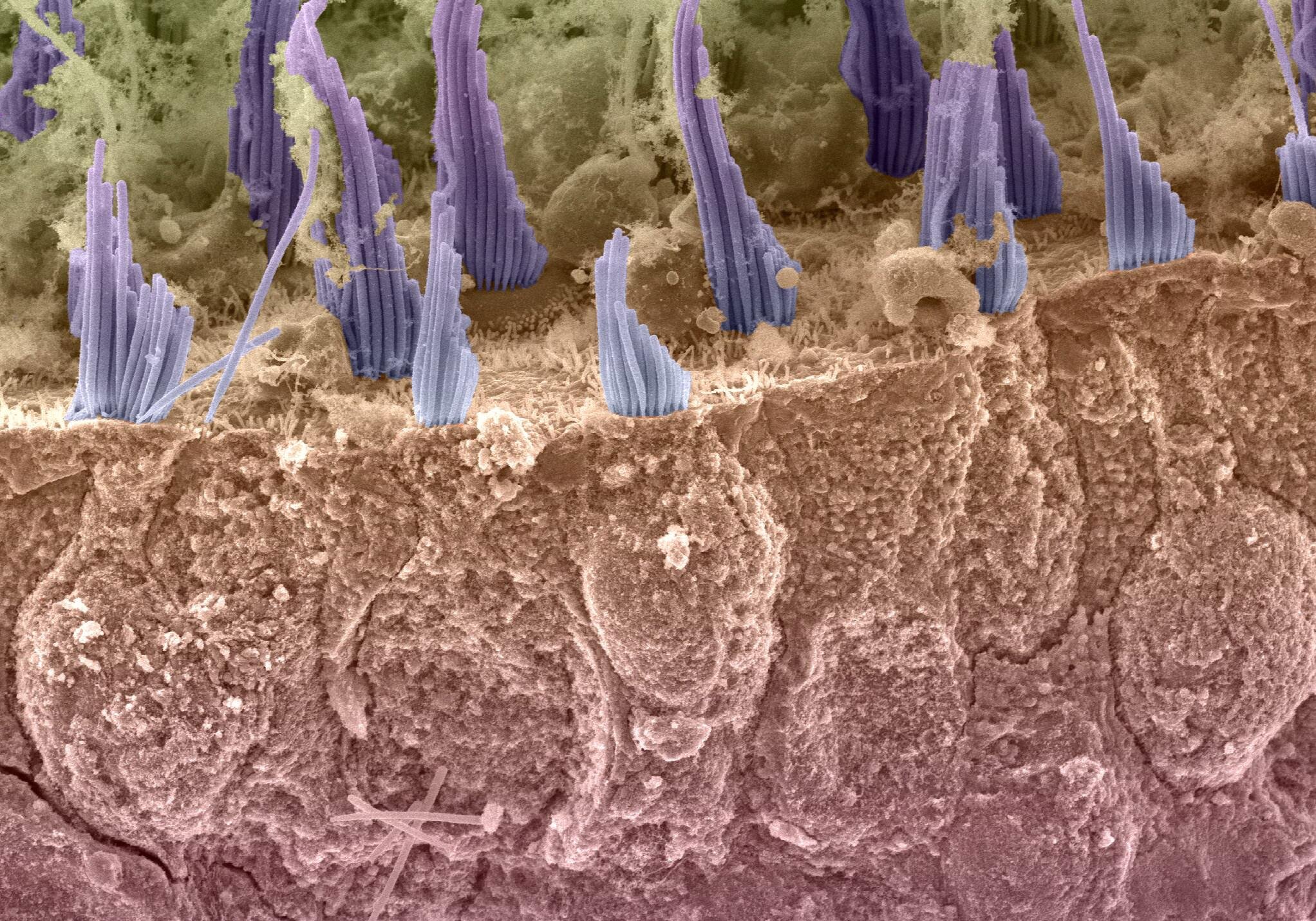
What are the otoliths?
The otoliths are the part of our inner ear that sense linear movements and gravity. Problems in the utricle and saccule can cause vestibular symptoms like rocking, swaying, dropping, or feeling pushed or pulled. Learn more about otolithic dysfunction and how vestibular rehab could help.
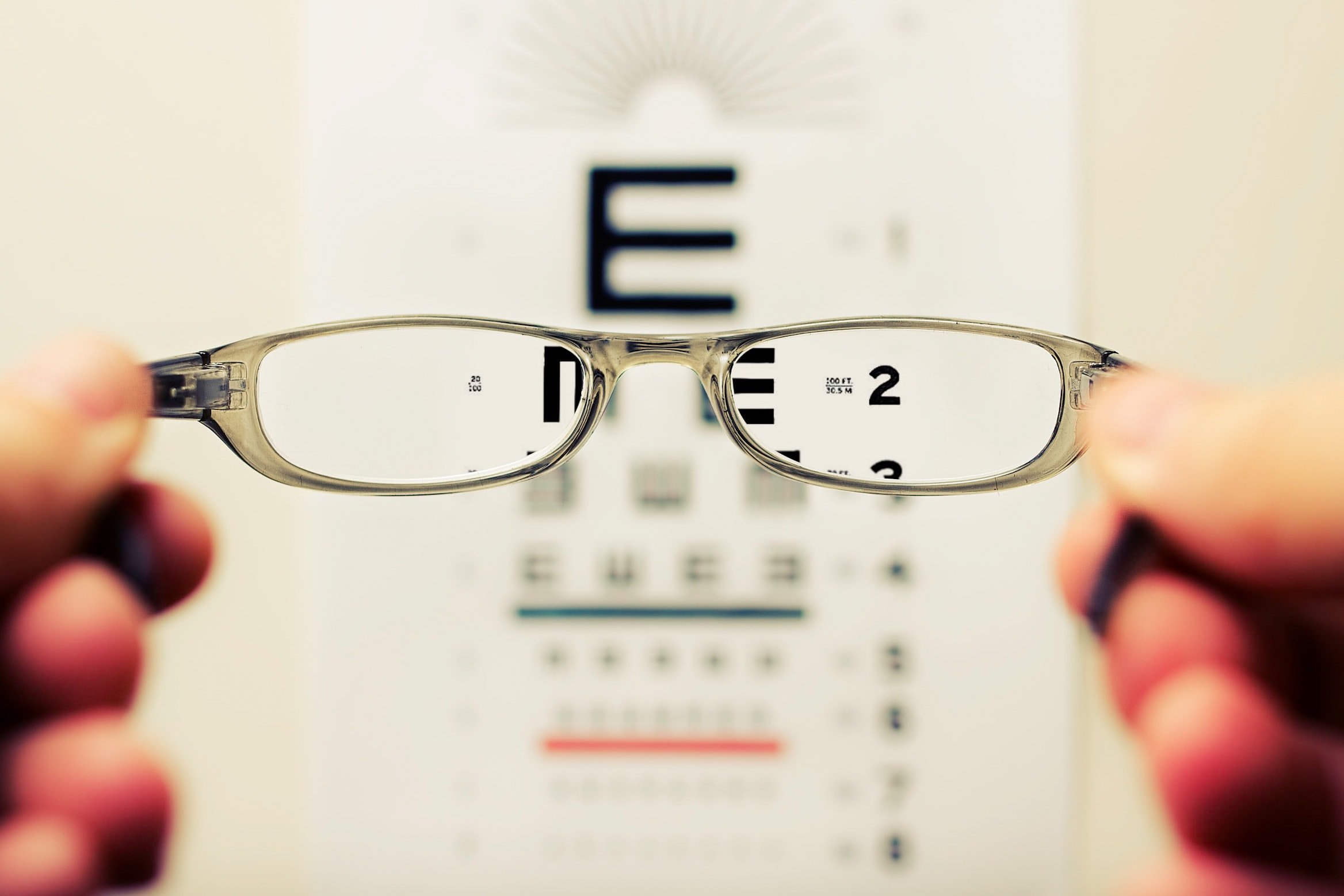
What is the vestibuloocular reflex?
The vestibulo-ocular reflex is how our ears, eyes, and brain work together to keep our vision stable while we move. Learn about how your VOR works, how vestibular disorders cause visual symptoms, how we evaluate your VOR, and vestibular rehab treatment for VOR loss.
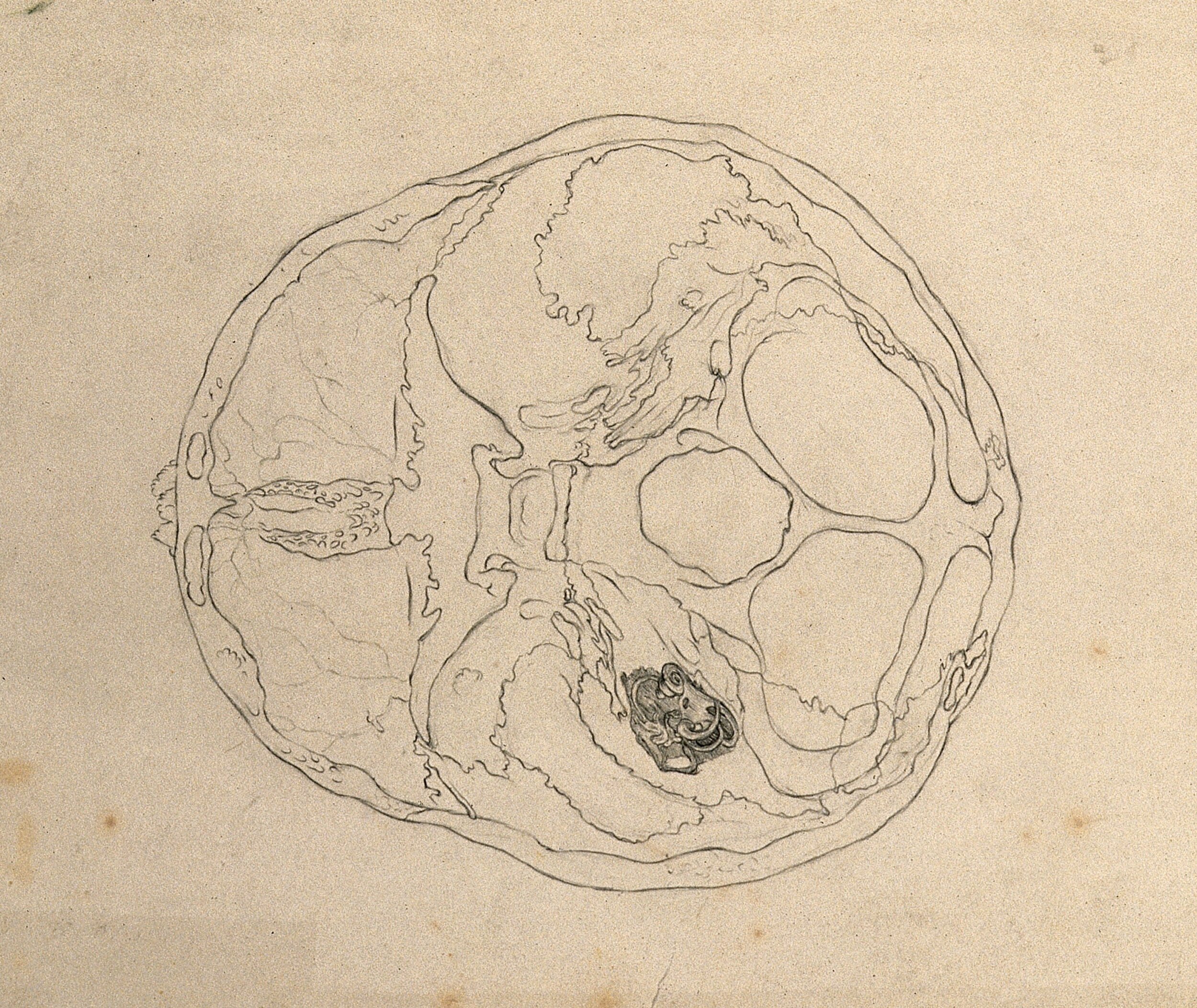
7 facts about the inner ear
Seven interesting facts about the inner ear, symptoms of vestibular problems, and how vestibular rehabilitation physiotherapy can help.

Dizziness from my ear?
Our ears are used for hearing, but they are also essential for balance. Our inner ear is located deep in our skull and includes the vestibular system. If you have problems in these balance organs, you may experience dizziness, difficulties with balance, or problems seeing the world clearly when you are moving.
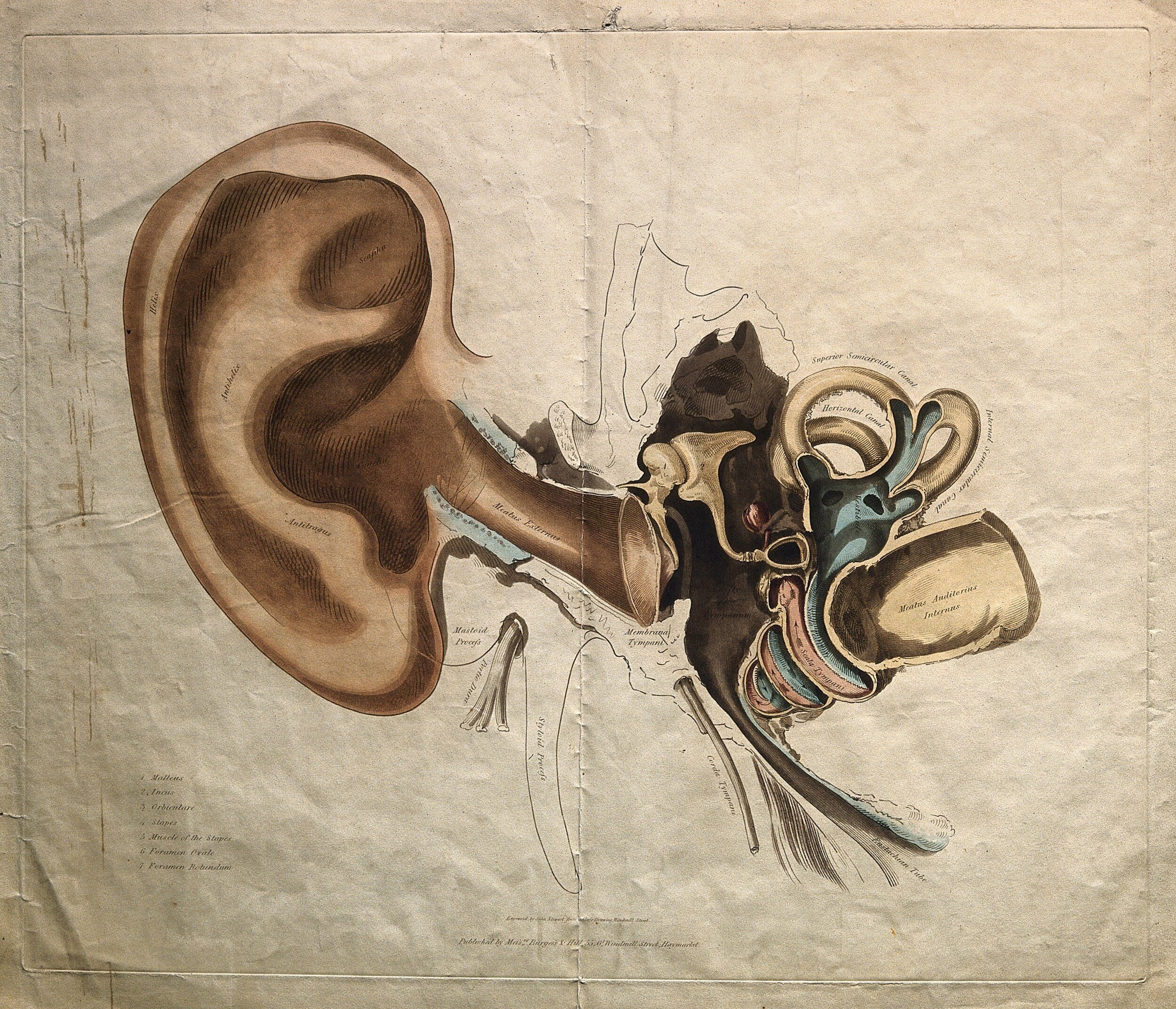
The most common cause of vertigo
The most common reason people experience vertigo is due to a condition called Benign Paroxysmal Positional Vertigo (BPPV). Although this condition is not dangerous, vertigo can be a very disabling symptom. Vertigo is described as a hallucination of movement - most commonly it is experienced as spinning. Often our patients describe it: “when I lie down, I feel the entire room is spinning” or “when I look up, it can feel as if the world is going upside down and I could fall”.
